
The suspension of Chief Justice Gertrude Torkornoo by President John Dramani Mahama on April 22 has sent Ghana into constitutional overdrive.
With a Supreme Court hearing already scheduled for May 6 to determine the legality of the suspension process, the issue now is no longer just whether the President acted within Article 146—but whether the fundamental rights of the Chief Justice were bypassed in the haste to act.
At the core of this legal debate is the failure to offer the Chief Justice an opportunity to respond to the petition before the matter was referred to the Council of State.
This procedural omission is not trivial—it strikes at the heart of natural justice. The Supreme Court has been clear in Agyei-Twum v Attorney-General & Akwetey (2005-2006) SCGLR 732 that any judge who is the subject of a removal petition must be afforded the right to respond before any further steps are taken. Failure to do so renders the entire process legally defective and susceptible to being quashed.
Legal teams challenging the President’s action are likely to file an interim injunction in the coming days—seeking to restrain any investigative committee or further administrative action until the Supreme Court has ruled. If granted, this injunction would compel the President and his team to hold off until May 6. Should the President defy such a directive from the apex court, it would plunge the country into a constitutional crisis—pitting the executive directly against the judiciary.
This standoff does not exist in a vacuum. There are echoes of past tensions—particularly the Chief Justice’s own decision to greenlight judicial intervention in parliamentary matters last year. That decision, heavily criticised at the time, was seen by some as a step too far into the legislative domain. Today, that precedent may have come full circle, inviting executive incursion into the judiciary itself.
If the President does not comply with a potential Supreme Court order to stay further action, it would not only constitute contempt but undermine the authority of the judiciary and set a precedent that future governments may exploit. Ghana’s legal architecture depends on checks and balances—and on the belief that no branch of government is above the Constitution.
As the May 6 date approaches, the stakes are not just about the future of Chief Justice Torkornoo. They are about whether the legal system can stand firm when political power leans hard against it—and whether we still believe in the rule of law when it is most inconvenient.
By Amanda Clinton, Esq.
The post When Power Loops Back: Legal fault lines in the suspension of Ghana’s Chief Justice first appeared on 3News.
Read Full Story
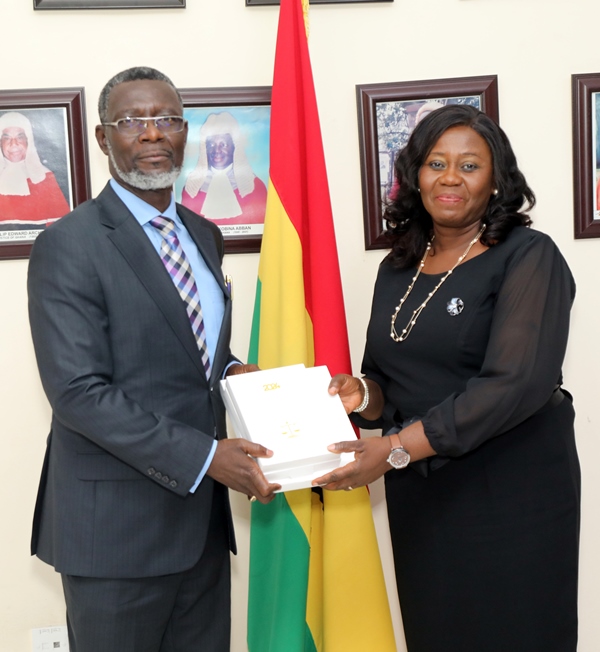
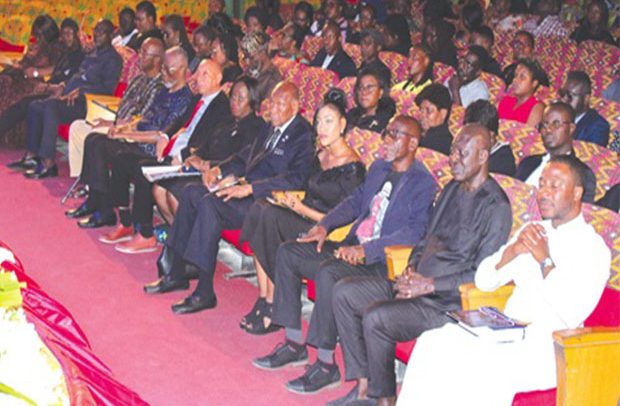

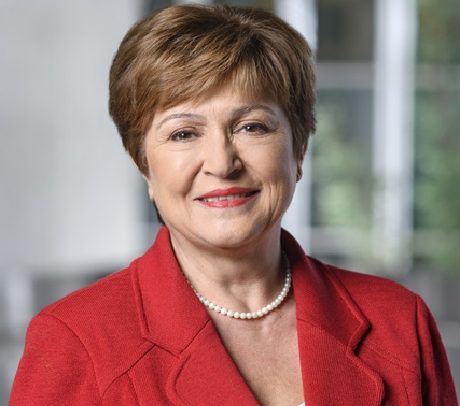
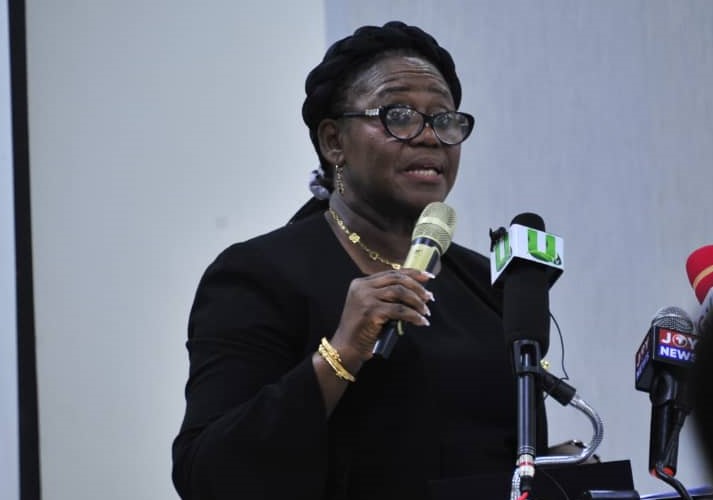

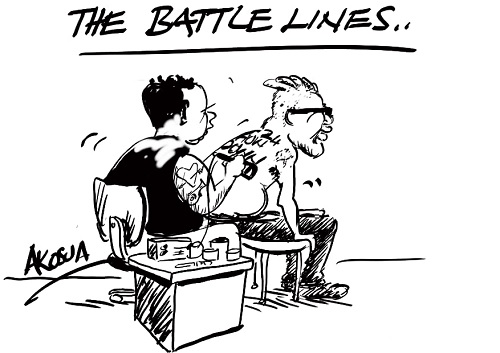

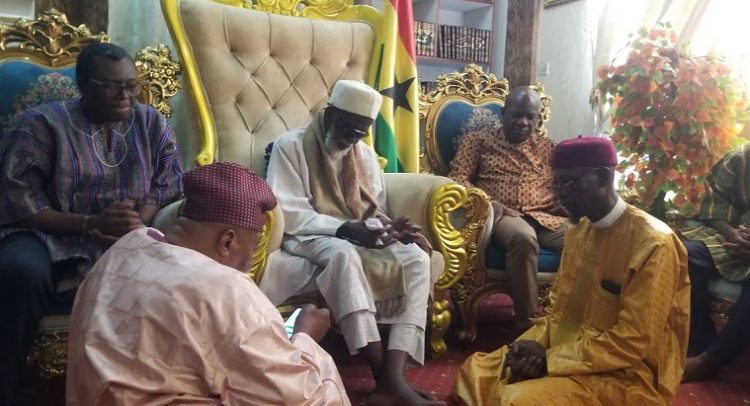

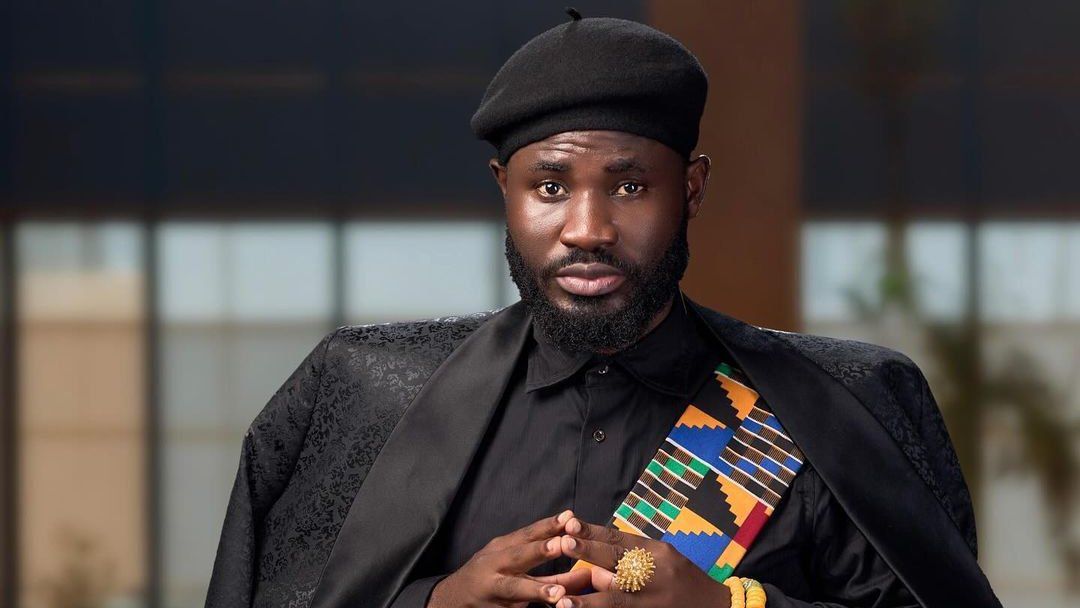


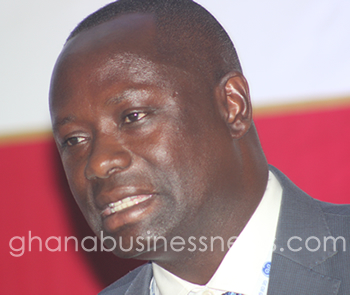
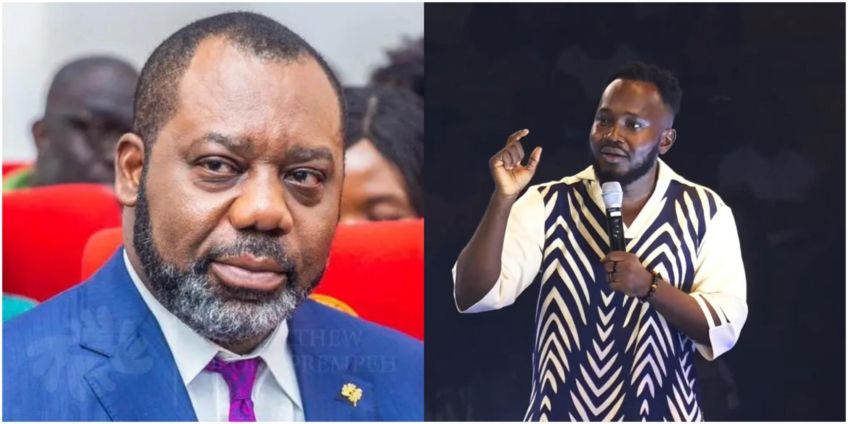


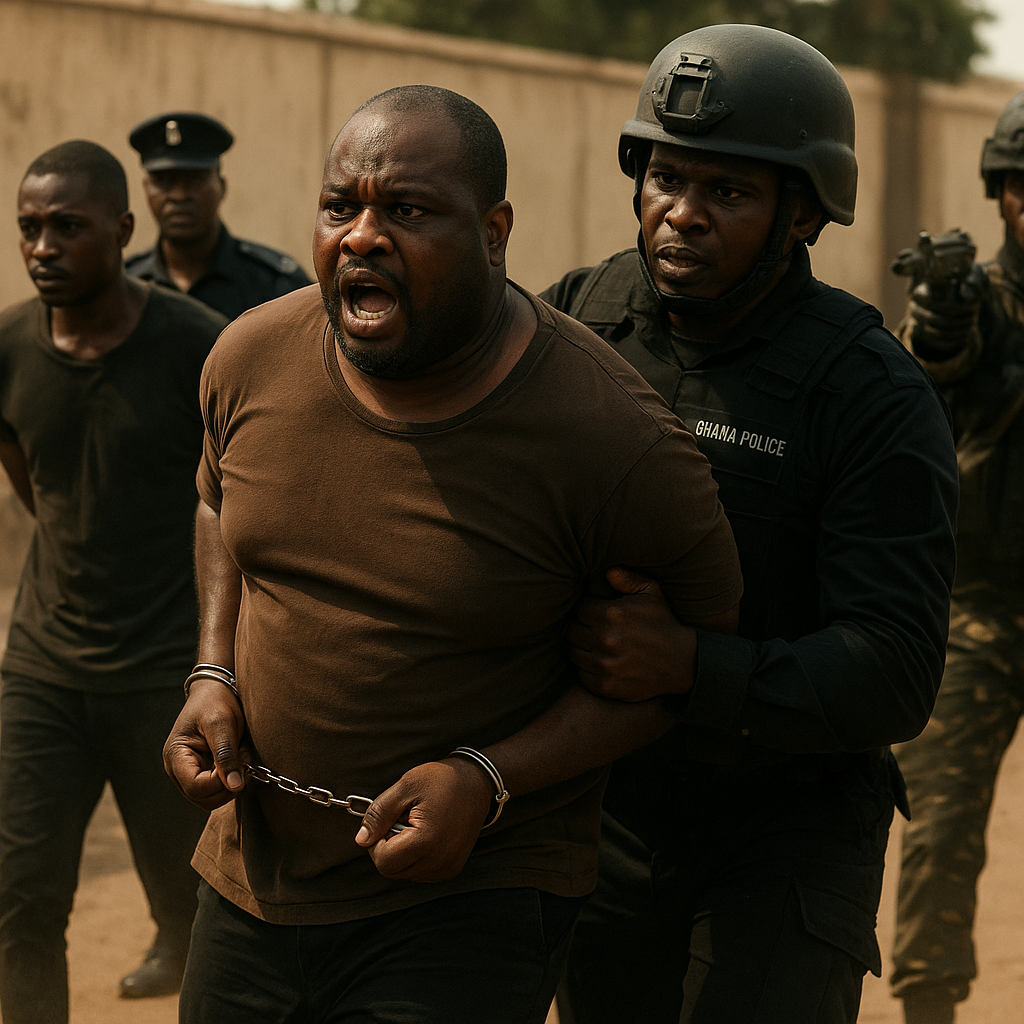
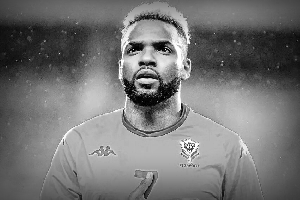
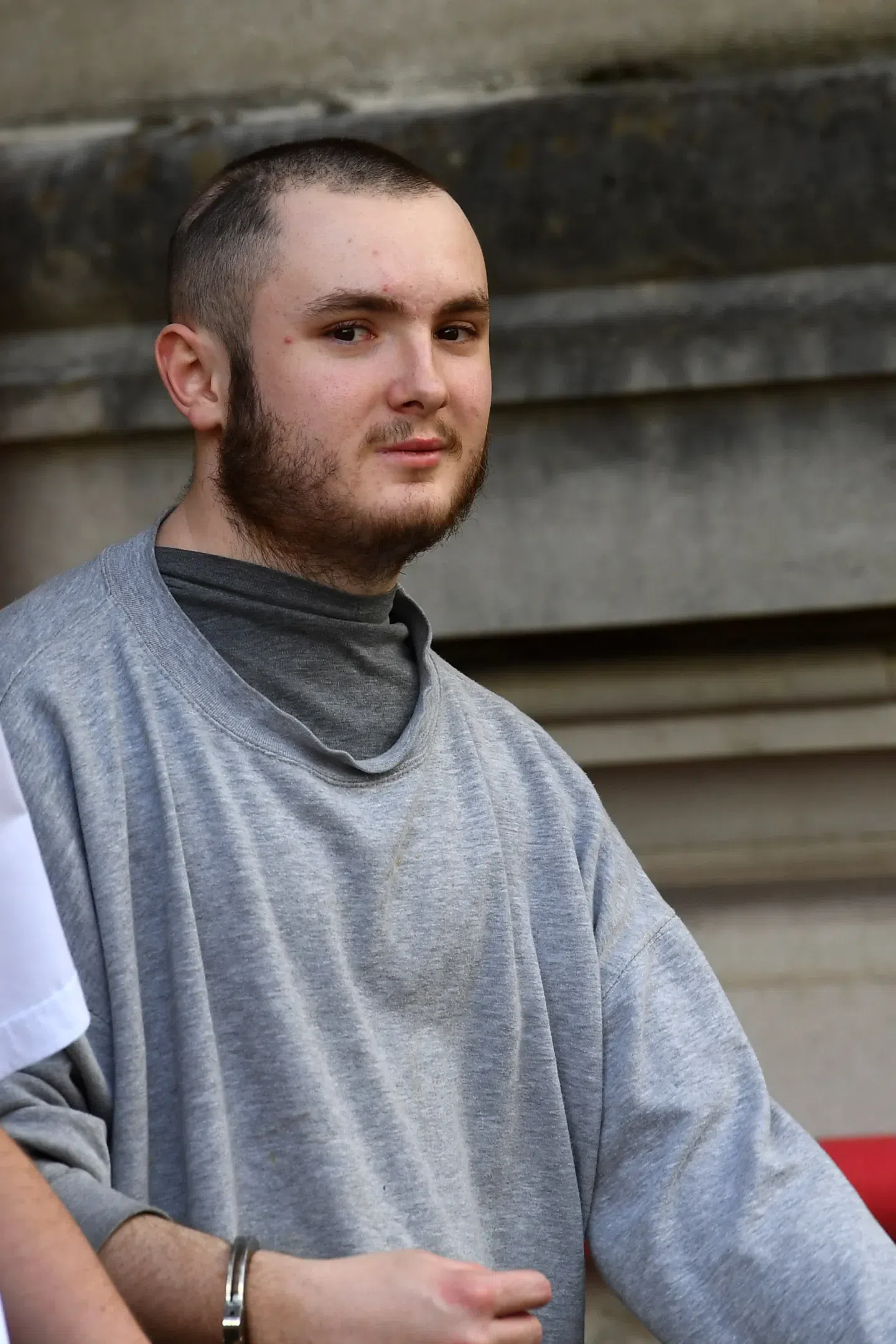
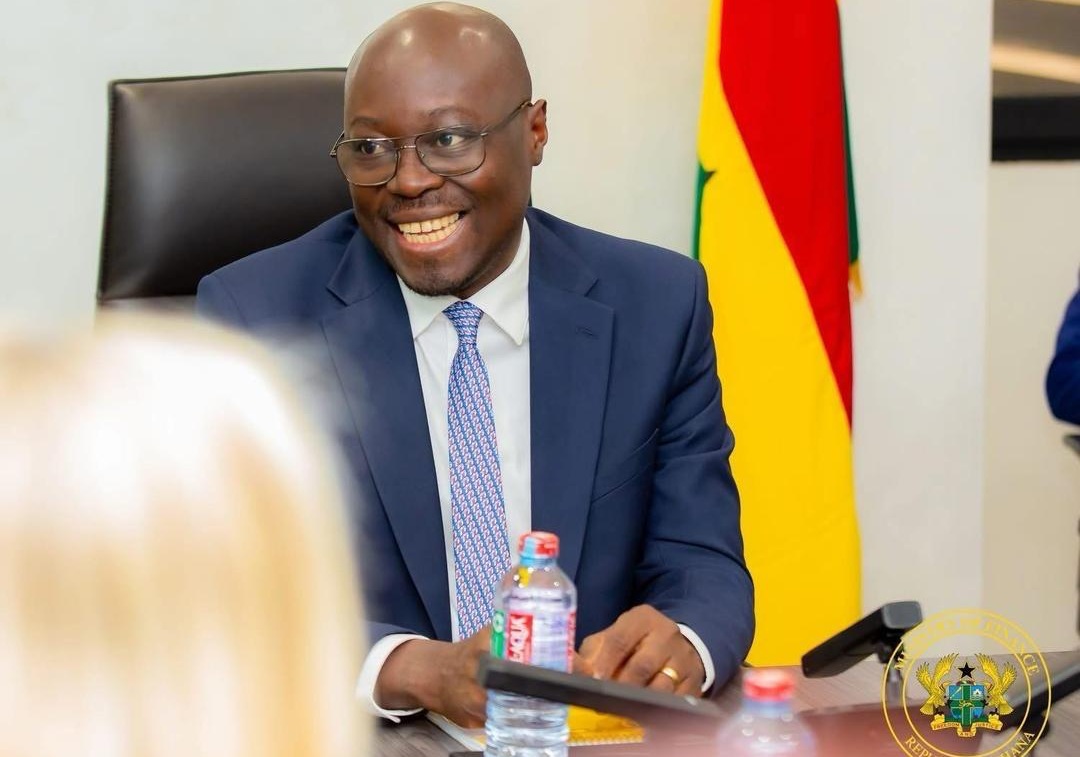
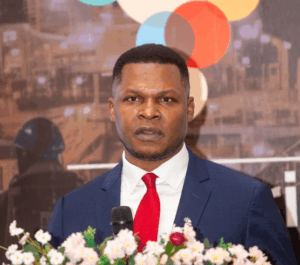
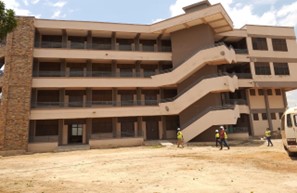

Facebook
Twitter
Pinterest
Instagram
Google+
YouTube
LinkedIn
RSS